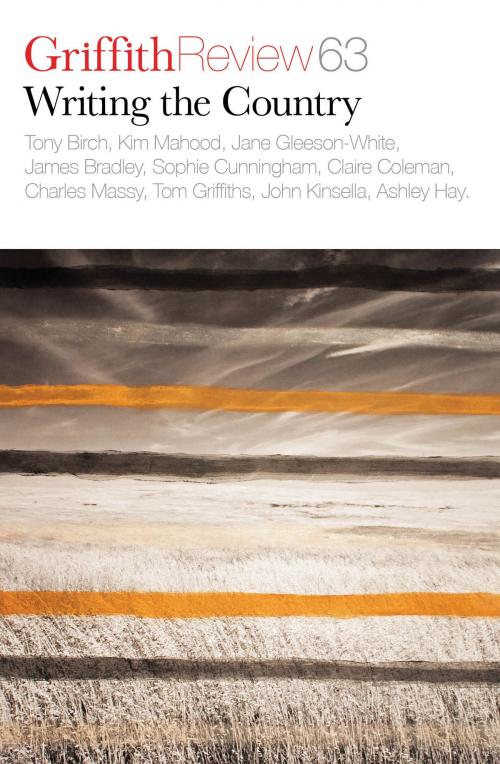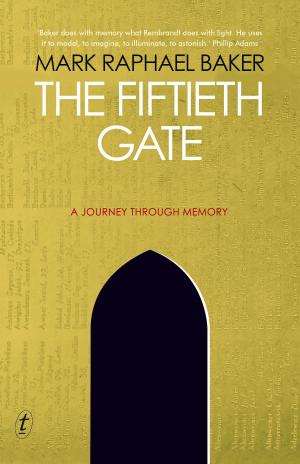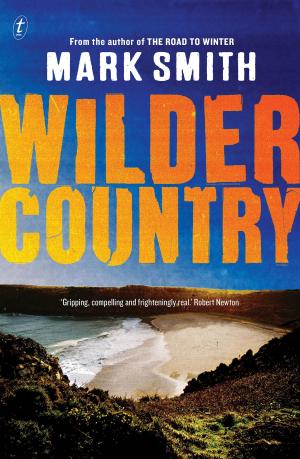Griffith Review 63
Writing the Country
Fiction & Literature, Anthologies, Nonfiction, Science & Nature, Nature, Social & Cultural Studies, Political Science| Author: | ISBN: | 9781922212443 | |
| Publisher: | The Text Publishing Company | Publication: | February 5, 2019 |
| Imprint: | Text Publishing | Language: | English |
| Author: | |
| ISBN: | 9781922212443 |
| Publisher: | The Text Publishing Company |
| Publication: | February 5, 2019 |
| Imprint: | Text Publishing |
| Language: | English |
Place. Land. Country. Home. These words frame the settings of our stories. In 2019, *Griffith Review 63: Writing the Country *focuses on Australia’s vast raft of environments to investigate how these places are changing and what they might become; what is flourishing and what is at risk.
The environmental vocabulary of our times requires dramatic terms: extinctions and endings; tipping points and collapses; bottlenecks and cascade effects. In recent years the genre applied to stories of place has morphed from ‘nature writing’ through ‘new nature writing’ to ‘post-nature writing’, and the relationship between people and their environment has shifted from one of innocence to one of anxiety.
Is this simply an urban age? Or is it fundamentally different? Is this the anthropocene, capitalocene, eramocene, homogenocene? And is it still possible to dream of ecotopias somewhere further down the track?
Whatever the labels or language, how we speak of and to the world we live in requires us to make sense of where we are and where we’re going, describing, interrogating and analysing from the smallest to the grandest of scales.
In the second issue of Griffith Review, published in 2004, Melissa Lucashenko wrote of ‘earthspeaking, talking about this place, my home’. All these years later, the need to hear all sorts of earthspeak has perhaps never been more urgent.
Place. Land. Country. Home. These words frame the settings of our stories. In 2019, *Griffith Review 63: Writing the Country *focuses on Australia’s vast raft of environments to investigate how these places are changing and what they might become; what is flourishing and what is at risk.
The environmental vocabulary of our times requires dramatic terms: extinctions and endings; tipping points and collapses; bottlenecks and cascade effects. In recent years the genre applied to stories of place has morphed from ‘nature writing’ through ‘new nature writing’ to ‘post-nature writing’, and the relationship between people and their environment has shifted from one of innocence to one of anxiety.
Is this simply an urban age? Or is it fundamentally different? Is this the anthropocene, capitalocene, eramocene, homogenocene? And is it still possible to dream of ecotopias somewhere further down the track?
Whatever the labels or language, how we speak of and to the world we live in requires us to make sense of where we are and where we’re going, describing, interrogating and analysing from the smallest to the grandest of scales.
In the second issue of Griffith Review, published in 2004, Melissa Lucashenko wrote of ‘earthspeaking, talking about this place, my home’. All these years later, the need to hear all sorts of earthspeak has perhaps never been more urgent.















